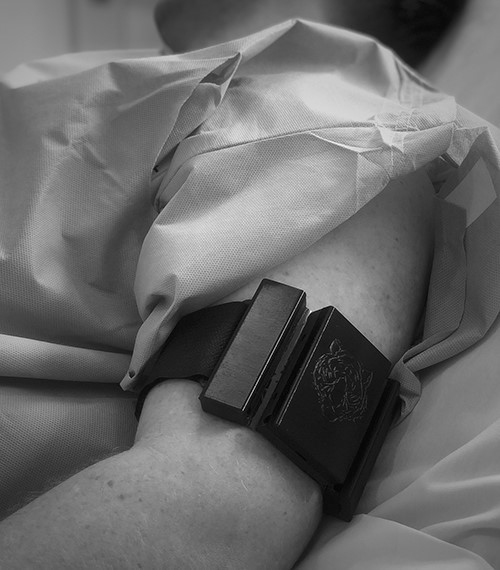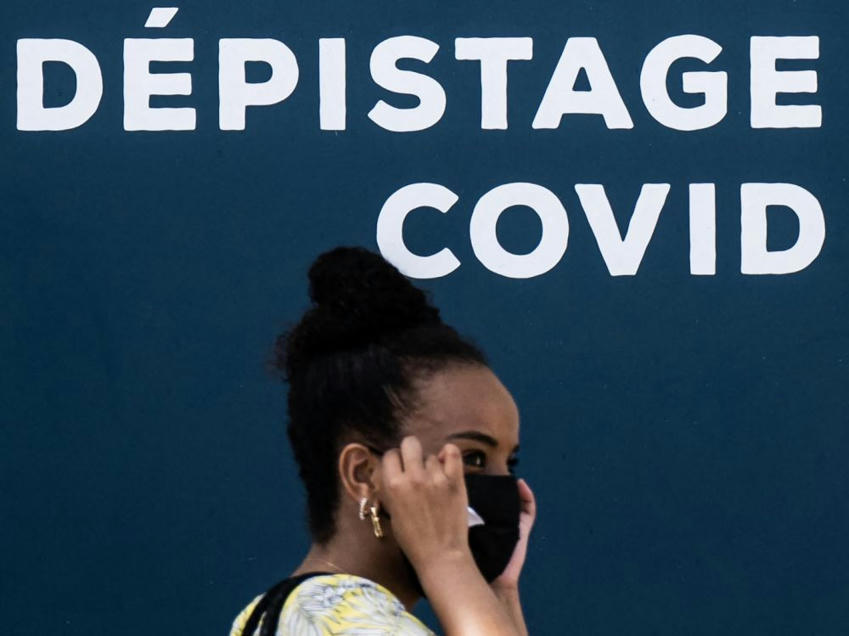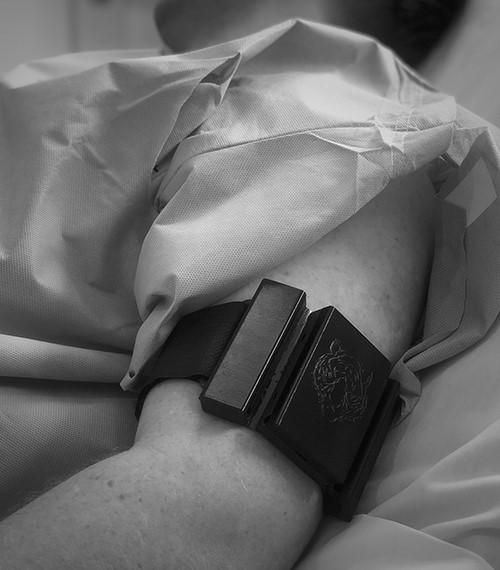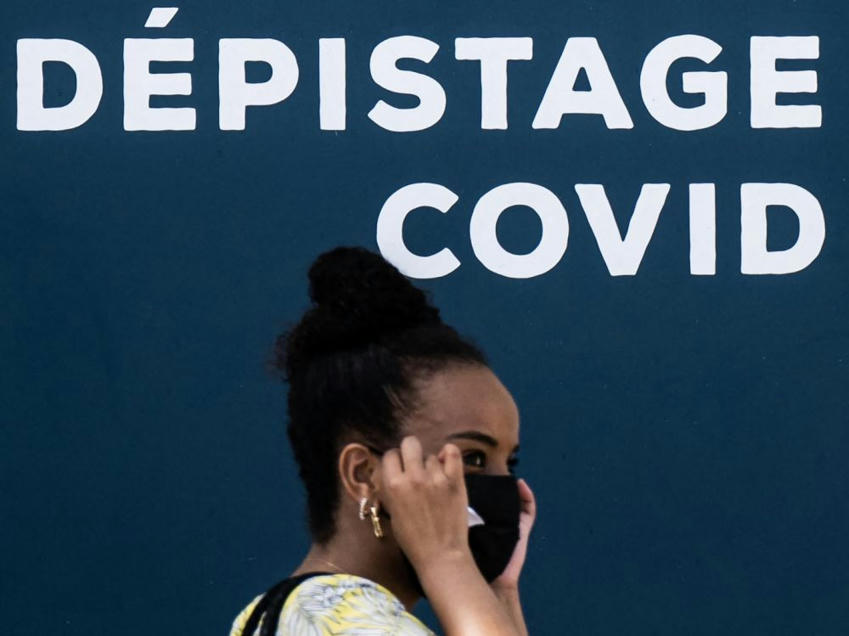Pharmageek
New research shows that two new mobile apps are using various artificial intelligence features to successfully detect and manage diseases such as COVID-19 and COPD.
Lire l'article complet sur : healthitanalytics.com
Des chercheurs viennent d’entraîner une intelligence artificielle à détecter les patients potentiels du Covid long.
Lire l'article complet sur : www.24matins.fr

ABSTRACTIntroduction. Increases in C-reactive protein (CRP) are used to track the inflammatory process of COVID-19 and are associated with disease state progres
Lire l'article complet sur : academic.oup.com

Cette IA compare les données médicales d’un patient avant et après qu’il ait eu le covid pour prédire s’il a un Covid long, avec plus de 80% de réussite.
Lire l'article complet sur : www.sciencesetavenir.fr



